
Ukraine recovery and reconstruction needs estimated at $349 billion
The current cost of reconstruction and rehabilitation in Ukraine is $349 billion, says a joint assessment published today by the Ukrainian government, the European Commission and the World Bank. This figure is expected to rise over the coming months as the war continues.
The Rapid Damage and Needs Assessment (RDNA) presents the first comprehensive evaluation of war impacts across twenty different sectors following the Russian invasion. It also lays out the financing needs for a resilient, inclusive, and sustainable recovery and reconstruction and provides a roadmap for planning.
The assessment covers the impact of the war from 24 February to 1 June 2022 and shows that the physical damage caused by the war amounted to more than US$97 billion. It was particularly high in housing, transport, trade and industry. Destruction was concentrated in Chernihiv, Donetsk, Luhansk, Kharkiv, Kyiv and Zaporizhzhia regions.
The RDNA estimates that $105 billion will be needed over the next 36 months to address urgent needs such as rebuilding education and health systems and infrastructure, preparing for the coming winter by restoring heating and power to homes, supporting agriculture and repairing vital transport routes. The safe handling of wreckage and explosives, including landmines, is also costly.
“Since the start of Russia’s brutal and illegal war of aggression against Ukraine, the EU has mobilised €10 billion in financing, humanitarian, emergency and military assistance for Ukraine and another €5 billion in financing are in the pipeline,” said President of the European Commission, Ursula von der Leyen.
Find out more
MOST READ
SEE ALSO
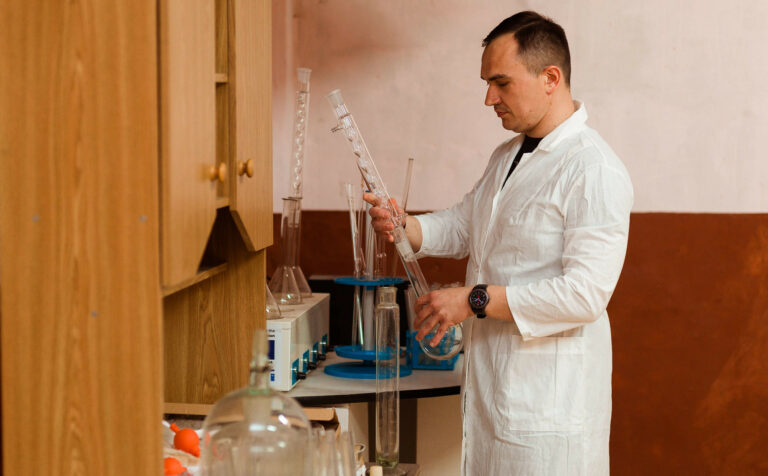
EU allocates extra €10 million to support researchers from Ukraine under Horizon Europe
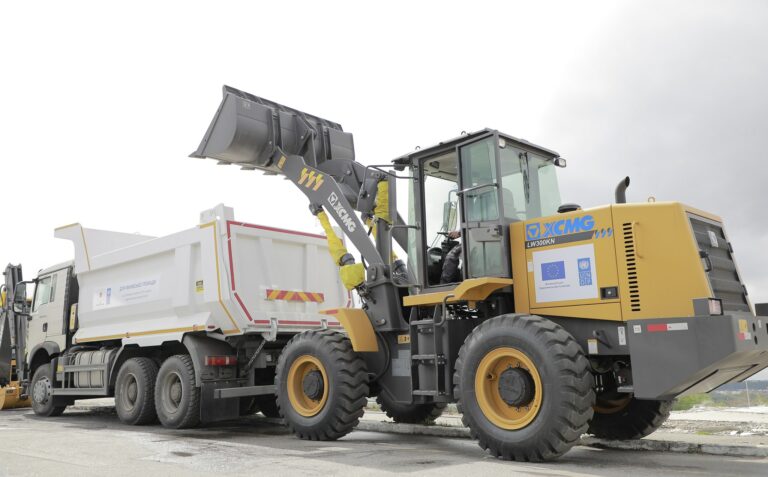
EU, UNDP and Japan donate equipment for debris and municipal waste management in Ukraine
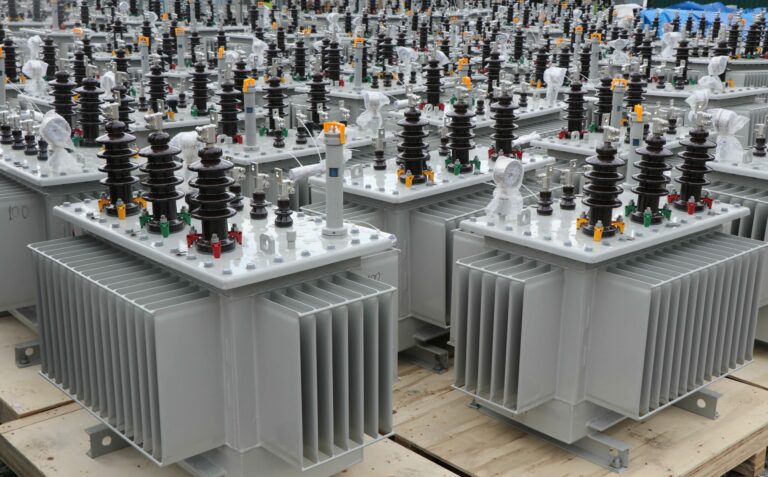
Energy Support Fund of Ukraine transfers 87 transformers and nine high-voltage bushings to Khmelnytsky region
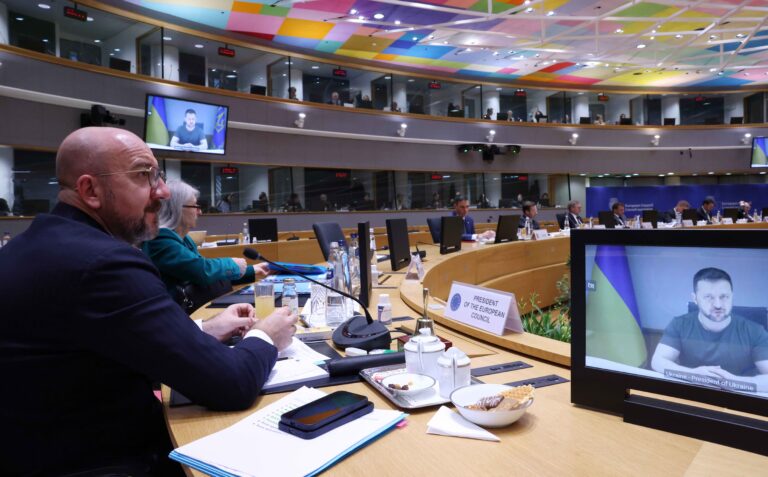
Special European Council says Ukraine urgently needs air defence systems and other military assistance
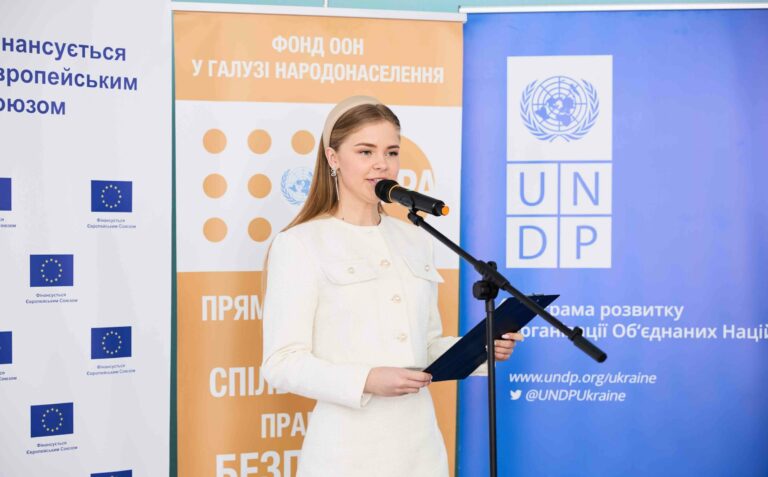
Ukraine: first Resilience Centre opens in Kamianske with EU, UNDP, and UNFPA support
More campaign pages:
Interested in the latest news and opportunities?
This website is managed by the EU-funded Regional Communication Programme for the Eastern Neighbourhood ('EU NEIGHBOURS east’), which complements and supports the communication of the Delegations of the European Union in the Eastern partner countries, and works under the guidance of the European Commission’s Directorate-General for Neighbourhood Policy and Enlargement Negotiations, and the European External Action Service. EU NEIGHBOURS east is implemented by a GOPA PACE-led consortium. It is part of the larger Neighbourhood Communication Programme (2020-2024) for the EU's Eastern and Southern Neighbourhood, which also includes 'EU NEIGHBOURS south’ project that runs the EU Neighbours portal.

The information on this site is subject to a Disclaimer and Protection of personal data. © European Union,







